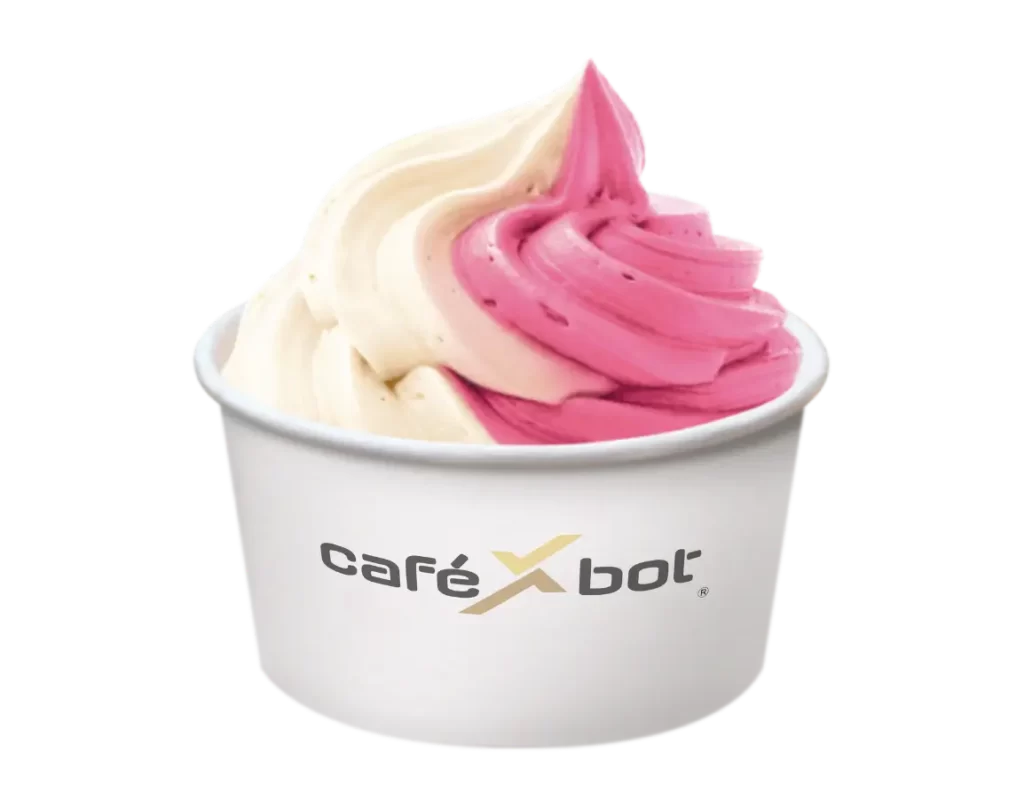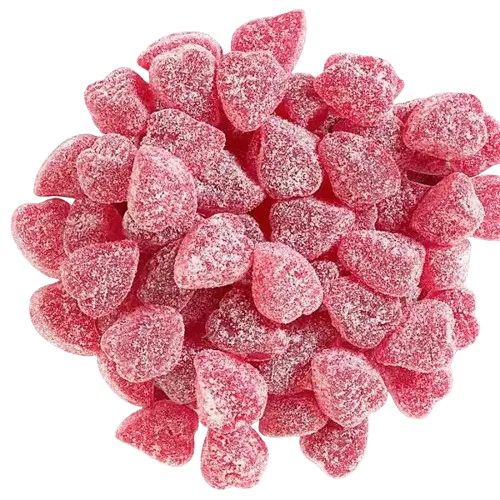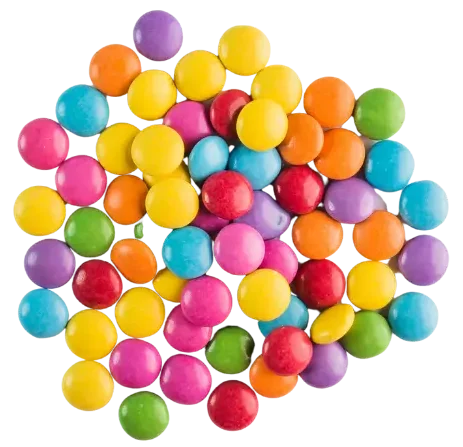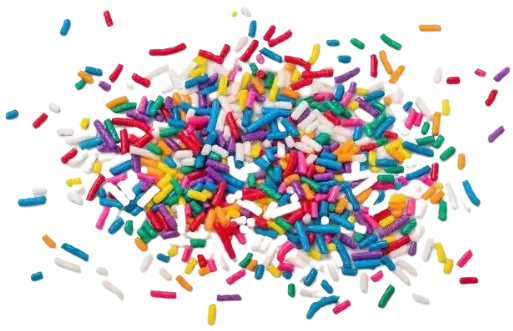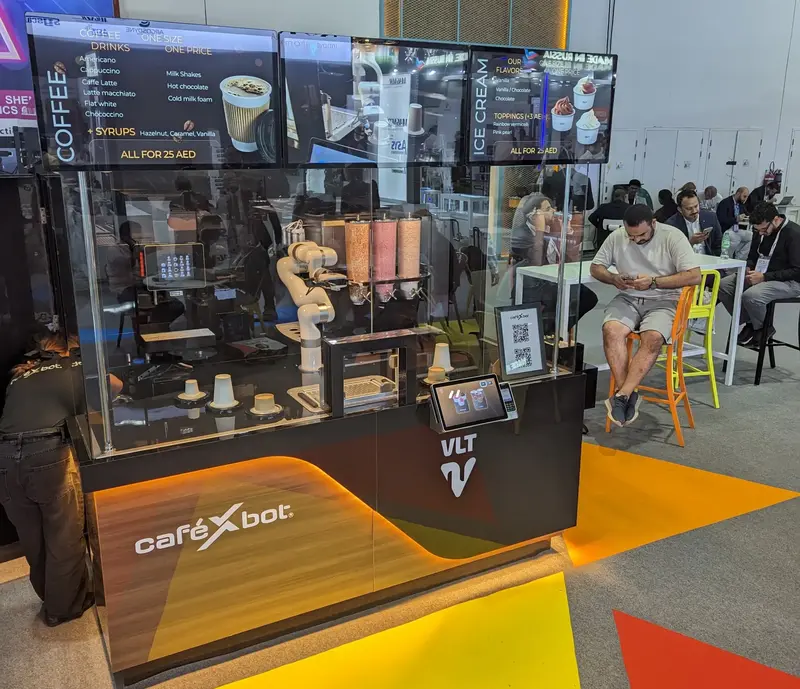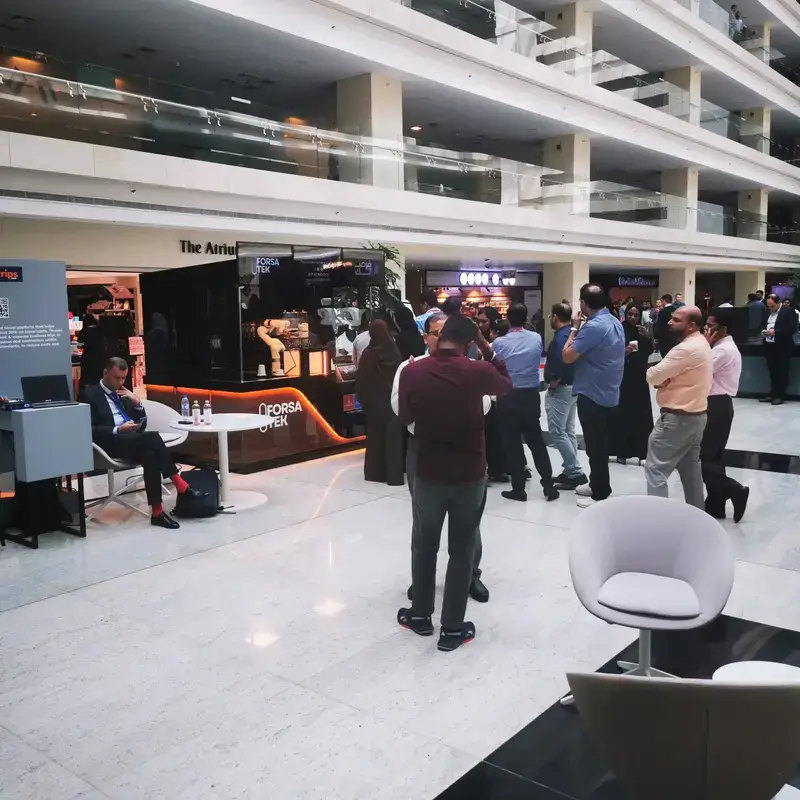
Revolutionizing the Coffee Industry with Cutting Edge Coffee Robot Technology for Global Buyers
The $102.02 billion worth of the global coffee market greets a flourish in its business growth in this market, wherein innovation in the industry becomes ever crucial. Technologizing coffee production and service has revolutionized the whole business regarding operational efficiency and consumers' shifting demands. Coffee robots are pioneers along this line; they uproot age-old processes of coffee making and enhance customer experiences in cafes and restaurants. In a recent report by the International Coffee Organization, it reads: "As demand for specialty coffee soars, operators are looking for reliable, high-quality solutions that can keep up with this increasingly dynamic market."
Besides all these, Coffee Robots mean that the industry can also make geographical footprints on the end users to the highest quality while minimizing labor-wage pressures, particularly on the skilled-operating side. Automation along this route is proving crucial for consistency and accuracy in coffee-making while shortening customer waiting times. These technologies are also becoming increasingly important in today's environmental context, reducing waste and optimizing resource consumption. While the coffee industry is making these breakthroughs through technology, global buyers should stay informed about what types of capabilities and value propositions Coffee Robots can deliver as we head into a completely new age of coffee service and production.
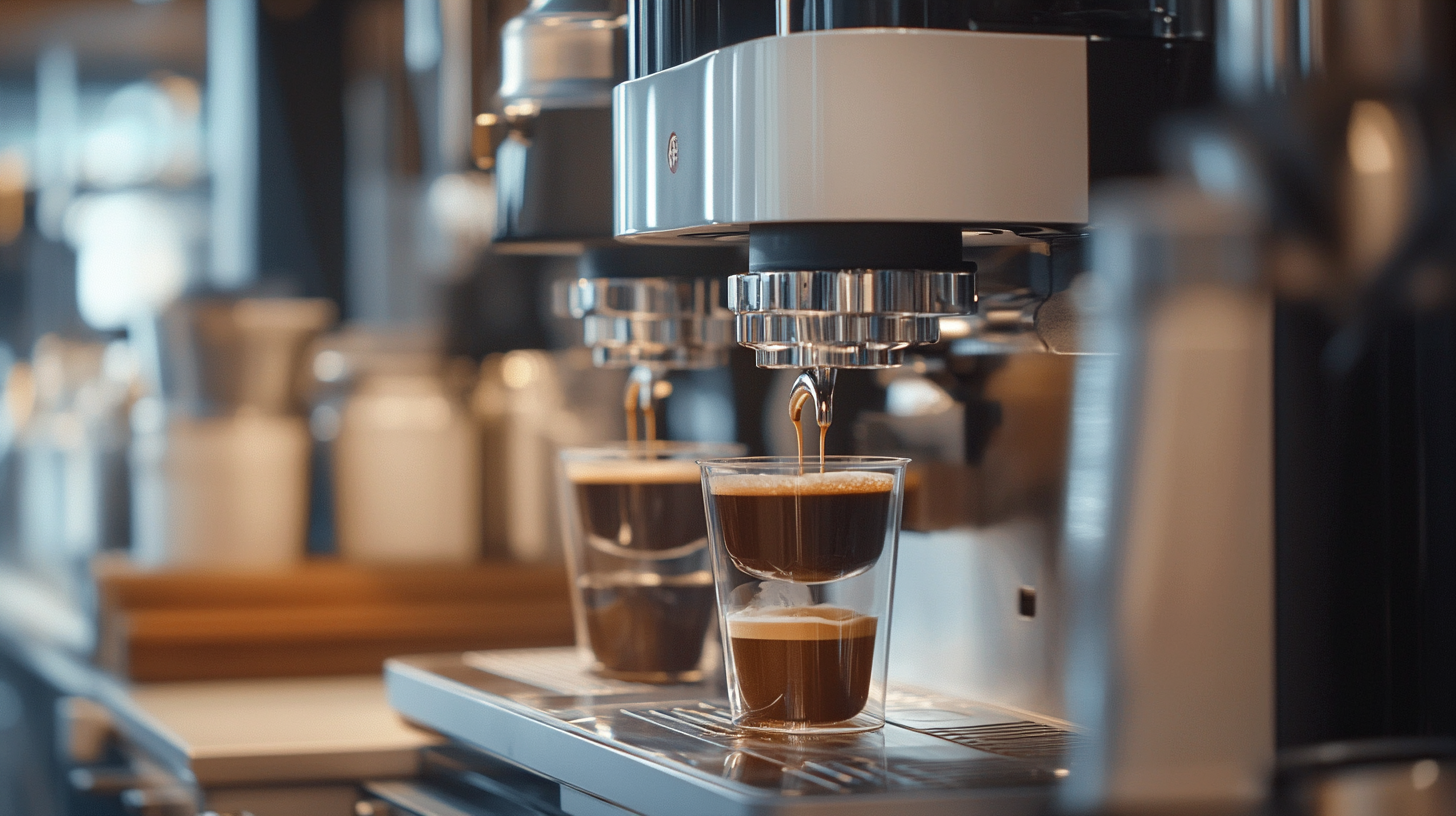
The Future of Coffee: How Robot Technology is Shaping the Industry
The coffee sector has always been famed for its rich flavors and artisan craftsmanship. However, the industry is now bending its way toward groundbreaking robot technology, shaping the future of that industry. Increased efficiency and high quality have become defining hallmarks defining consumption at the moment, and coffee robots will not be left behind. These machines are capable of brewing the ideal cup of coffee according to specification, with less time and human error involved in the process. Advanced algorithms and real-time data analytics form the basis of most coffee robots. They understand brewing techniques based on an individual's preference ensuring that each cup served is customized according to what an individual drinker wants. Moreover, automating the entire process of the coffee supply chain-from the bean to the cup-revolutionizes operations. Not only does robot technology modernize brewing, but also it provides improvement-in-the-process inventory management and inspections for quality assurance. Most of these robots grind coffee, brew it, and then serve it, thus cutting labor cost greatly yet enhancing uniformity in production and efficiency. Businesses can thus expand their operations to within the market limits created by global buyers. That is to say that, while the technology evolves, it stands to change what will be called coffee consumption among global consumers. In fact, with the trend in robotics continuing, coffee is on course not only to excel in producing a perfect product but also to further create an intelligent, sustainable coffee industry. The marriage of robotics with a cv-prospect of a coffee-future will never consider an excellent beverage alone but at the same time figure how a smarter and more sustainable industry could be made from it. Disposing of waste is only the tip of this revolutionary technology's iceberg, allying with flavor profiles too.
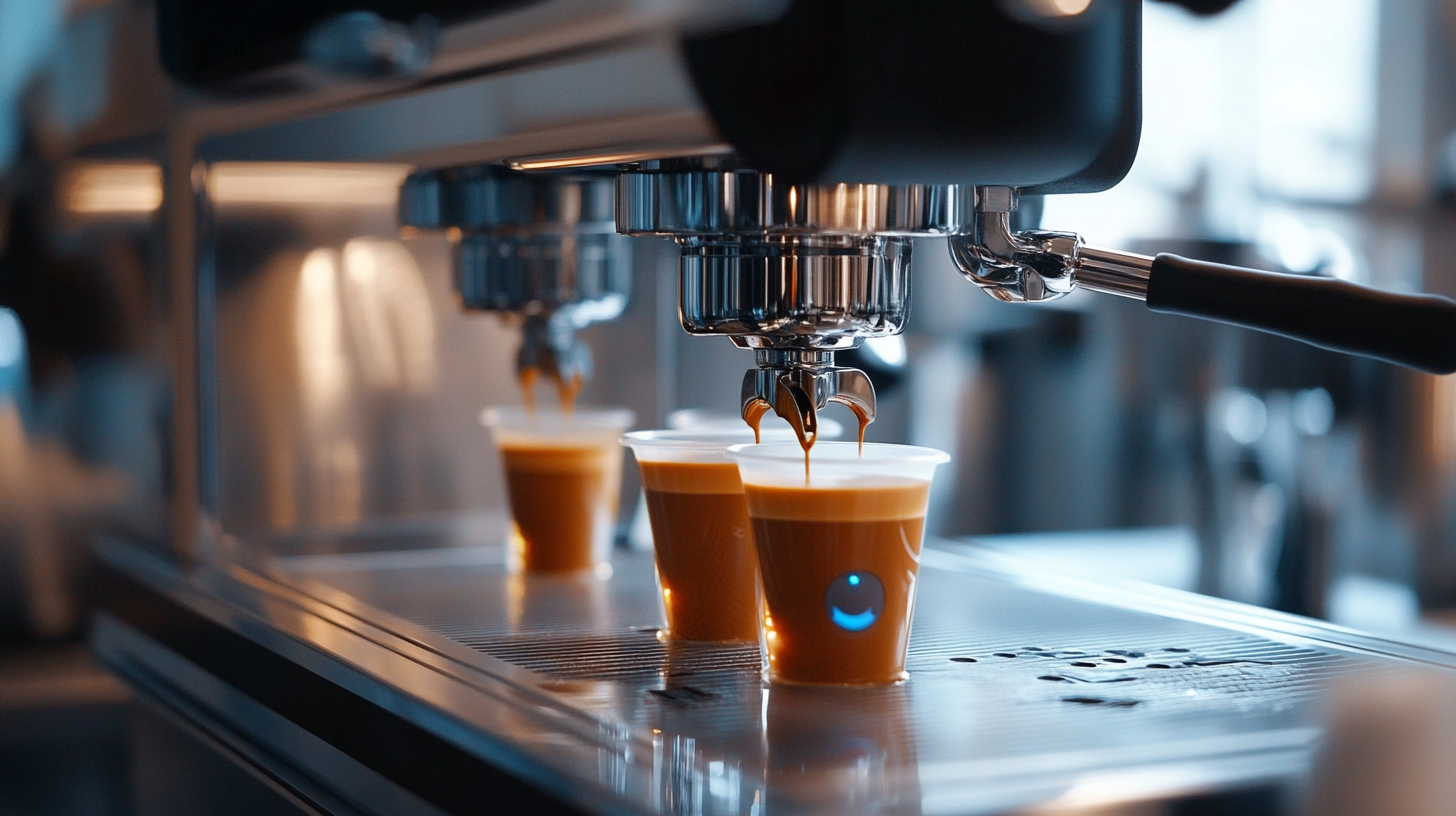
Innovative Designs: The Next Generation of Coffee Robots
The coffee industry has been vigorously changing due to next-generation designs of coffee robots. With consumers entertaining requests for nothing short of high-quality and consistent coffee experiences, it is here that the latest machines fulfill their expectations with precision and style. From automated brewing to an interface resembling that of a barista, these robots are designed to elevate the processes of brewing and the experience of sipping the brew with exciting possibilities.
For customization of drinks, one of the beautiful things remains its level of customizability-which very often other traditional brewing methods servers maintain constraints in. Features such as programmable recipes; adjustment of the strength by individual clients; and milk frothing reminiscent of skilled barista models are, by now, standard for many. These robots interactively serve great coffee, thereby giving users an entertaining experience in making their own perfect cup in a seamless manner.
These sleek, elegantly designed coffee robots, fit into any ambiance-whether amid cafe hustle and bustle or in a calm home kitchen. Manufacturers are focusing on good looks, as well as functionality, giving form to machines that are not just tools but fashion accessories for any self-respecting coffee lover's abode. The designs of coffee robots are definitely poised to be key players in the revolution of our coffee enjoyment experience, with the market for coffee ever on the rise.
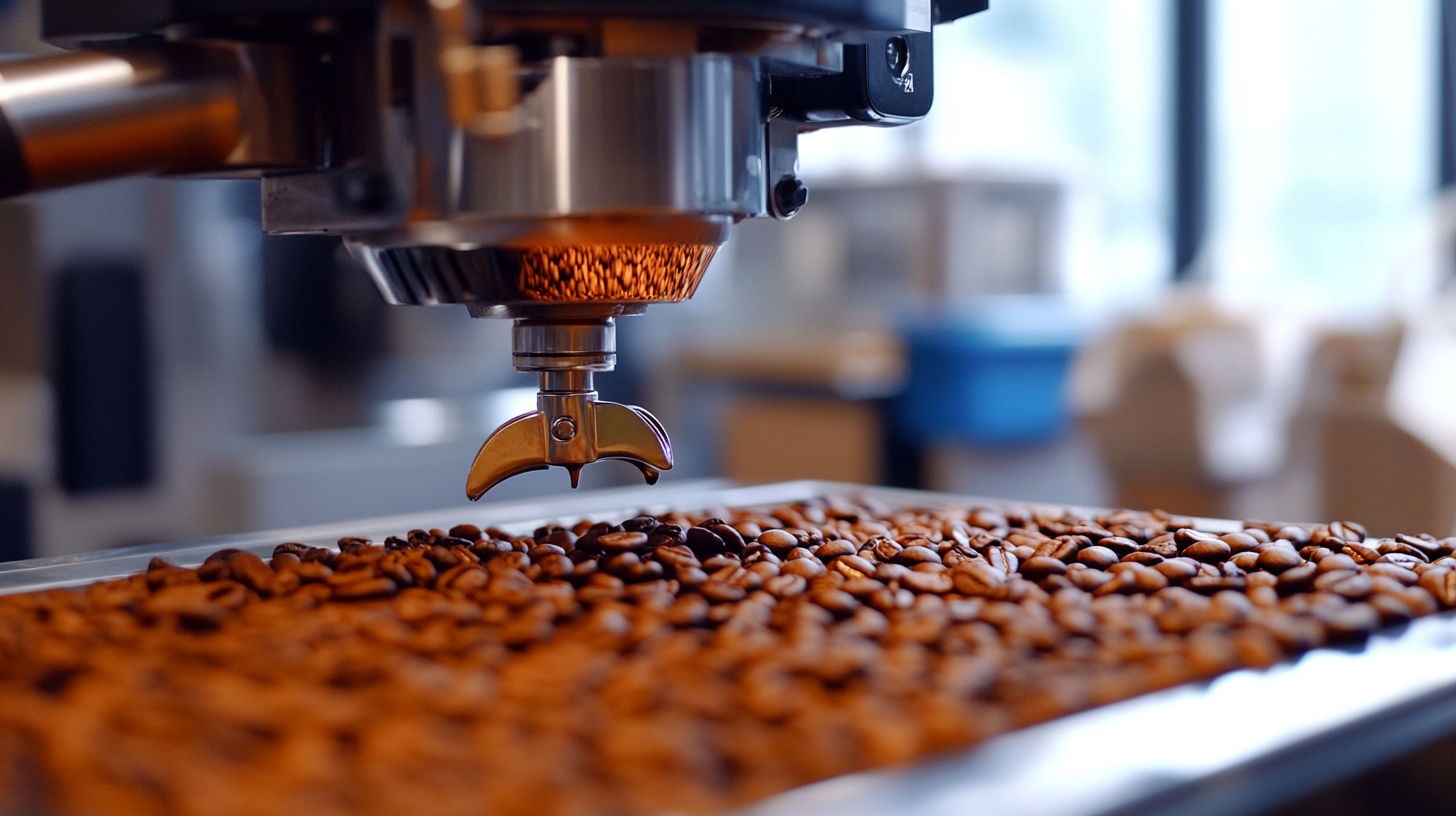
Enhancing Efficiency: The Role of Automation in Coffee Production
Based on the recent advancement in coffee industry automation, an impressive number of efficiencies in production and distribution are offered to coffee producers. At the heart of this revolution, coffee robot automation is reshaping coffee producers' work processes and slashing labor cost massively. From sorting to brewing a perfect cup of coffee, these machines are taking productivity to a new level while keeping the hallmark quality consumers demand.
The advantages of automation not only improve efficiency in coffee production; this also maintains a good deal more consistency in the product when there is reduced human intervention, thus minimizing the risk of errors. Automated processes are much more accurate for parameters set on roasting and brewing, thereby assuring that every cup of coffee meets all standards of quality. Automation also offers systems for data collection and pattern analysis, giving producers information on how to refine their processes, adjust to market trends, and increase the bottom line.
Automated coffee systems provide extensive tracking capability in response to the growing demand from buyers worldwide for transparency and sustainability in their supply chains. This enables producers to account for the journey of the beans from farm to cup, thereby strengthening consumer trust and loyalty. Nowhere is automation more relevant than in aiding producers to achieve sustainability by minimizing the use of human labor wherever possible, thereby allowing for efficient resource management and waste reduction, in consideration of the values of the environmentally-conscious consumer.
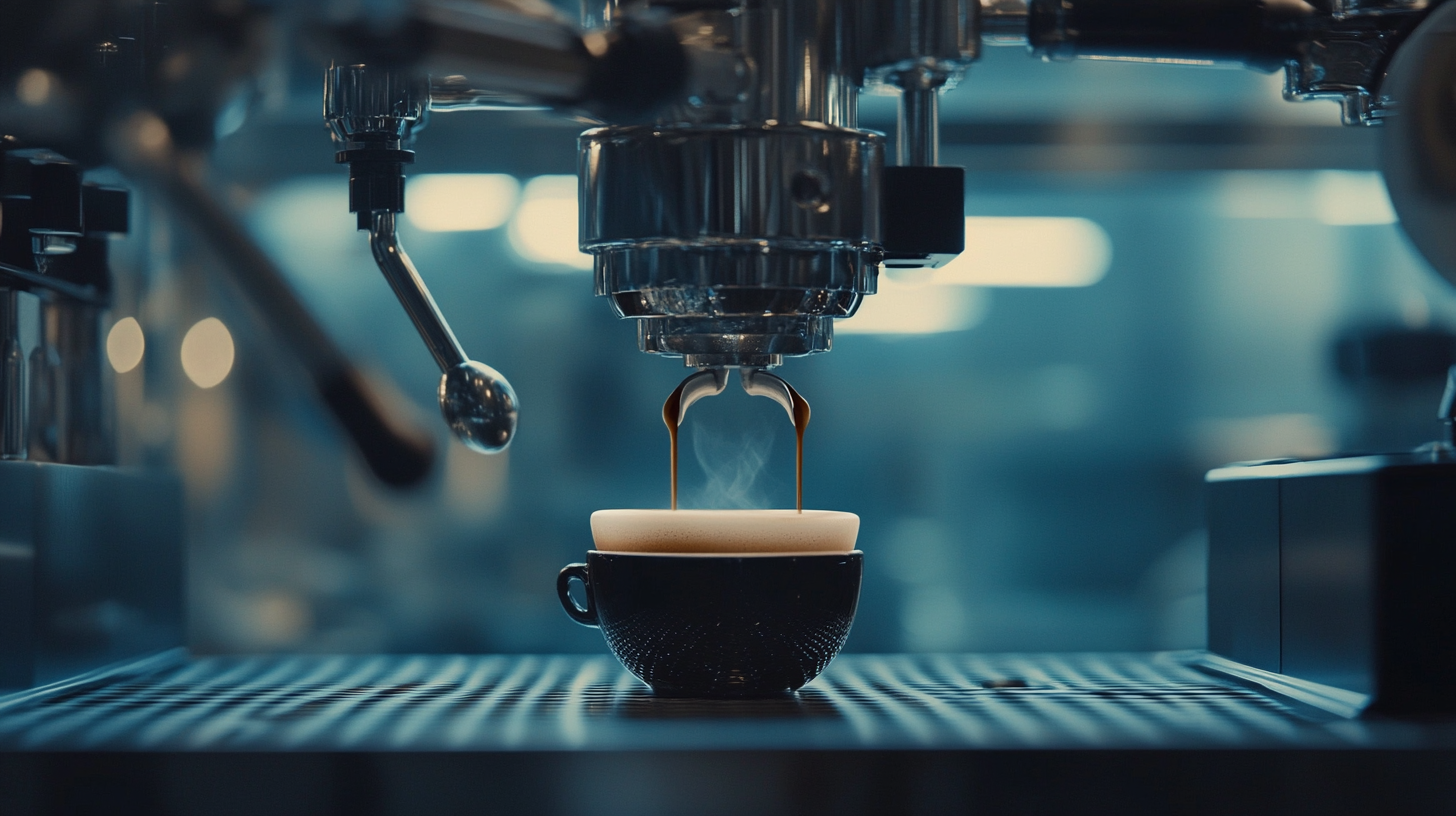
Global Impact: How Coffee Robots are Transforming Supply Chains
The coffee industry is undergoing a significant transition driven mainly by robotic technology. The International Coffee Organization (ICO) estimates that global coffee consumption is on the order of some 10 million tons per year and emphasizes the importance of establishing streamlined supply chains that flow with rising demand. Coffee robots, designed to automate processes along the continuums of harvesting to brewing, should thus be a major player in this transition, boosting efficiencies while cutting operational costs along the way.
The newest research tells us that farm automation could yield an increase of about 30% in production but would slash labor costs. Electronics and Robotics show growth; a report by MarketsandMarkets states that the global coffee automation market would be growing at a CAGR of 11.2% from 2021 to 2026. This growth is not just driven by the quest for greater efficiency but, more importantly, by sustainability concerns since well-designed robotic systems can minimize waste and energy consumption in the supply chain.
In addition, coffee robots allow farmers to monitor crop health through advanced data analytics and imaging technologies. This predictive analytics capability allows producers to make informed decisions on resource allocation and pest management, optimizing the cultivation further. The rise of demand for high-quality coffee thus makes these innovations more than an upgrade—they are a prerequisite for meeting the expectation of global buyers seeking both quality and sustainability in coffee products.
Consumer Experience: How Robots are Changing Coffee Shops Worldwide
In this context, a gradual metamorphosis seems to be imbuing the coffee shop environment with robotic technology that reconstitutes consumer experiences all over the globe. The recent innovations, especially the introduction of coffee robots in major trade fairs, showcase the increasing presence of automation in the coffee industry. Owing to its advanced artificial intelligence and automated technology, a coffee robot can brew and serve coffee with utmost precision and consistency. With increased popularity in urban areas, robotic coffee shops blend operational efficiency with enhanced customer experience as customers can order easily and quickly.
Robotic baristas are shifting consumer interactions within these beloved cafés in active cities like Shenzhen and San Francisco. Customers place their orders on an intuitive touchscreen, after which, within moments, a robotic arm prepares and dispenses their beverages. The convenience is appealing to young tech-savvy consumers: they relish the novelty of the robotic servings and their efficiency. Also, technological applications favor mixed dining-entertainment trends as it attracts clients seeking alternative experiences to a simple cup of coffee.
The emergence of coffee robots also illustrates changing consumer tastes. Coffee technology is being adapted to different expectations, from individualized flavor to loyalty programs. With global buyers and local entrepreneurs exploring this frontier, the coffee industry stands at an important turn, one marked by innovation, striving for enhanced customer experience. Predictions of significant market growth driven by this trend doubtlessly affirm that robots will be at the forefront of shaping the future of coffee culture worldwide.







